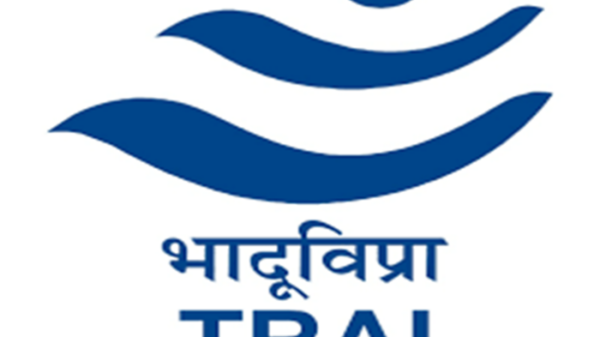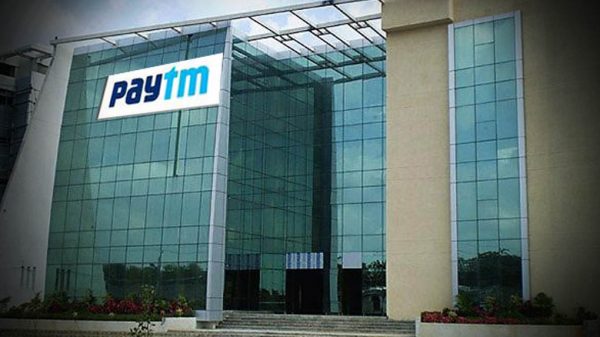The Telecom Regulatory Authority of India (TRAI) has asked all telecom operators to submit daily updates on their network performance, including call drops and voice quality, in a notification dated January 12. The TRAI has also asked telcos to upload daily cell network parameters data to server of TCCMS (Telecom Consumer Complaint Monitoring System) portal of the authority through web-service within ten days. All mobile service providers are required to submit number of performance parameters including type of network like 2G, 3G or 4G, call drop details, congestion in network, successful calls, voice quality, etc. In October 2015, the TRAI mandated that all telecom operators will have to pay Re 1 to compensate consumers in case of call drops. The new regulations will be effective from January 1, 2016. However, consumers’ ability to get credit into their accounts due to call drops is limited to three in a day. Telecom operators, however, moved the Delhi High Court through industry associations, Auspi and COAI by filing a case in December, challenging the regulator’s order and calling for a stay on the decision. TRAI told the court that imposing a fine on telecom operators by asking them to compensate customers for call drops, is a matter of policy decision, which the court should not transgress upon. TRAI consultation paper on call drops In June, the Department of Telecom had suggested the TRAI that operators should offer free minutes or credit to tackle the issue of frequent call drops. Accordingly, the telecom regulator asked operators to submit a plan of action to tackle call drops in…




























